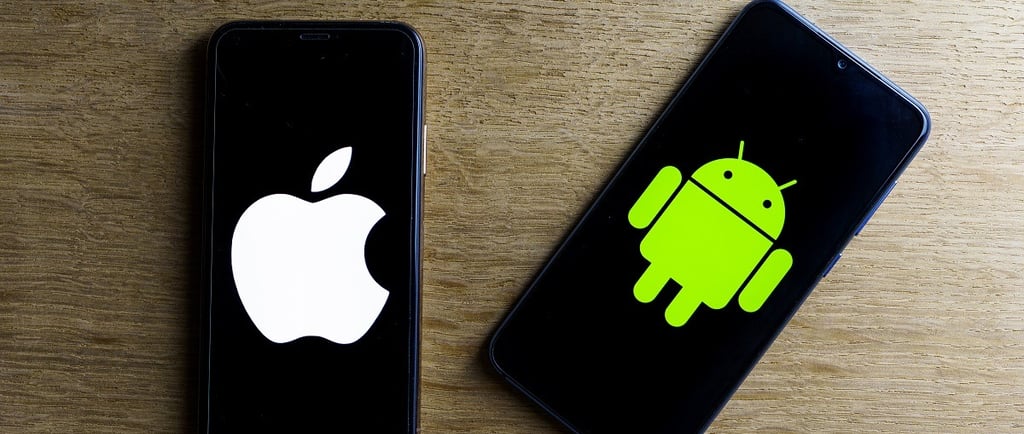
Comparing Android and iPhone: Security and Usage Differences
6/6/20242 min read



Introduction
When it comes to choosing between Android and iPhone, users often consider multiple factors including security and usage. Both platforms have their unique strengths and weaknesses, and understanding these can help users make an informed decision. This blog post delves into the differences between Android and iPhone in terms of security and usage.
Security: Android vs iPhone
Security is a critical aspect of any smartphone. Apple’s iPhone is often lauded for its robust security features. iPhones run on iOS, a closed-source operating system, which means that Apple has complete control over the hardware and software. This control allows Apple to implement strict security measures, making it difficult for malicious software to penetrate the system. Regular updates and patches are also promptly rolled out to address any vulnerabilities.
On the other hand, Android operates on an open-source platform. While this offers greater flexibility and customization options for users, it also poses certain security risks. The open nature of Android means that it is used by a variety of manufacturers, each with their own customizations, which can sometimes lead to inconsistent security updates. However, Google has been making strides in improving Android’s security through features like Google Play Protect and regular security patches.
Usage: Customization vs Simplicity
When it comes to usage, Android and iPhone cater to different user preferences. Android is known for its high level of customization. Users can modify almost every aspect of their device, from widgets and themes to custom ROMs. This makes Android a preferred choice for tech enthusiasts and those who like to personalize their smartphones extensively.
In contrast, iPhone prioritizes simplicity and ease of use. The iOS interface is designed to be intuitive, ensuring that even non-tech-savvy users can navigate their devices effortlessly. The consistency across iOS devices also means that users switching from one iPhone to another will find the transition seamless. This simplicity, however, comes at the cost of limited customization options compared to Android.
App Ecosystem and Updates
The app ecosystem is another area where Android and iPhone differ significantly. The Apple App Store is known for its stringent app review process, which ensures that apps meet high standards of quality and security. This rigorous vetting process reduces the likelihood of malicious apps making their way onto iPhones.
Android’s Google Play Store, while offering a wider selection of apps, has a less stringent review process. This can sometimes result in the presence of malicious apps. However, Google has been enhancing its review process and security measures to counter this issue.
Regarding updates, iPhone users benefit from timely and consistent updates as Apple controls both the hardware and software. Android updates, however, are often delayed due to the involvement of manufacturers and carriers, which can lead to fragmentation in the Android ecosystem.
Conclusion
In conclusion, both Android and iPhone have their respective strengths and weaknesses in terms of security and usage. iPhones offer robust security and a simple, intuitive user experience, making them suitable for users who prioritize these aspects. Android, with its high customization options and flexibility, caters to those who value personalization and control over their devices. Ultimately, the choice between an Android and an iPhone depends on individual preferences and priorities.
